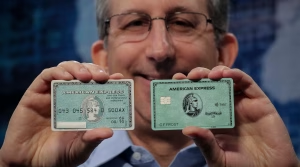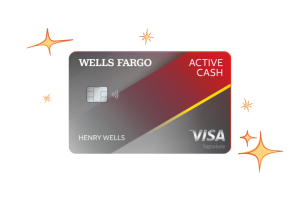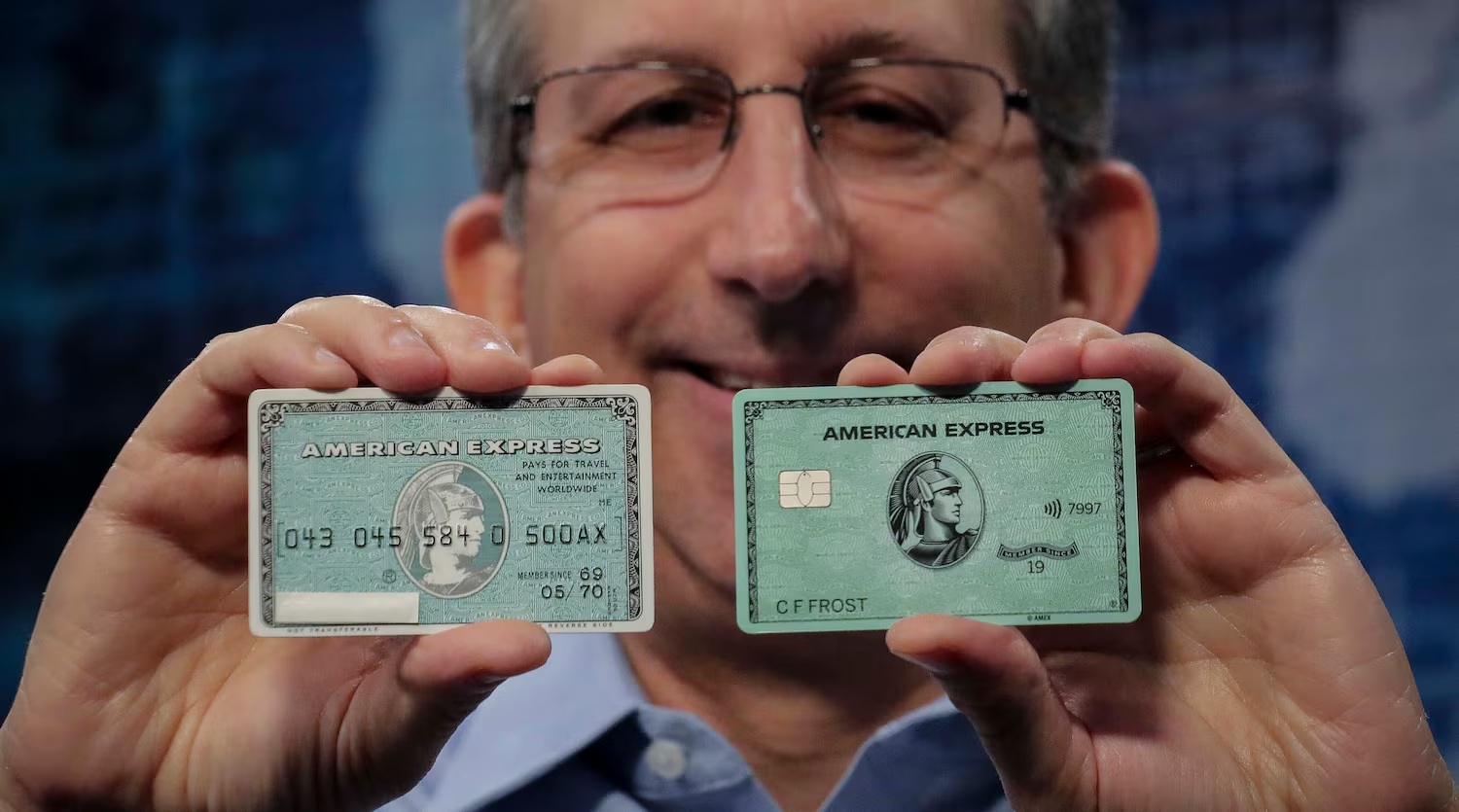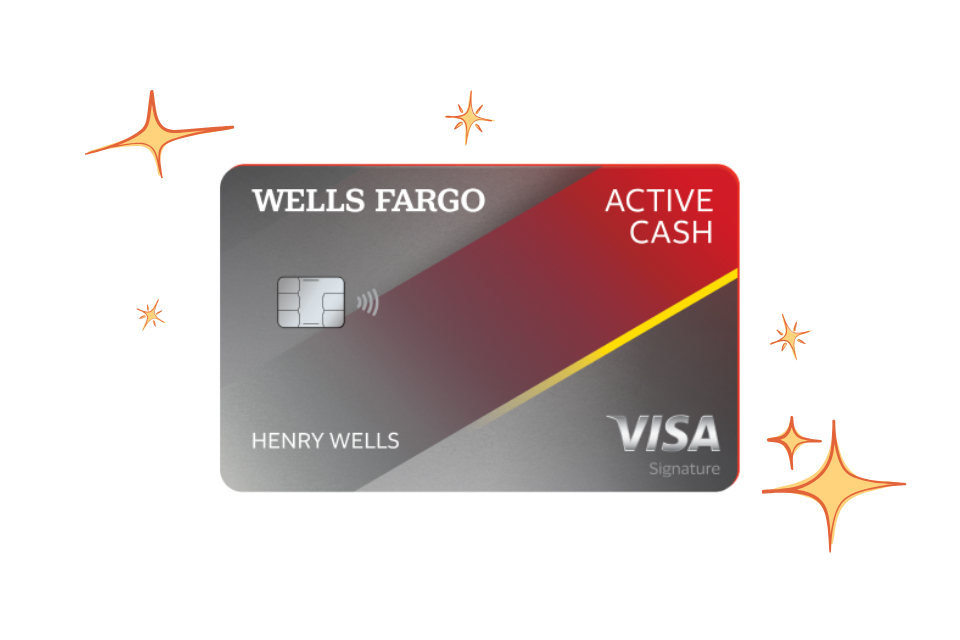Imagine trying to get a loan or even just renting an apartment, and you get denied because of something negative on your credit report. You scratch your head, because you’ve been paying your bills on time! Turns out, there’s a mistake on your report – maybe a payment marked late when it wasn’t, an account that isn’t yours, or a wrong balance. Frustrating? Absolutely. Unfortunately, credit report errors happen more often than you might think, and they can unfairly drag down your credit score.
Ignoring mistakes on your credit report is like letting someone else write part of your financial story – and not in a good way. Taking the time to find and fix inaccuracies is a critical step in protecting your creditworthiness and ensuring your score accurately reflects your financial habits. Let’s walk through how to be a detective with your own report and what steps to take if you find something fishy in the United States.
First Mission: Getting Your Reports (For Free!)
You can’t find errors if you don’t look. Your credit report is compiled by three main national credit bureaus: Equifax, Experian, and TransUnion. You have the legal right to get a free copy of your report from each of these bureaus once every 12 months.
- Where to Go: The only official, government-authorized website for your free reports is AnnualCreditReport.com. Steer clear of any other site claiming to offer free reports – they might be trying to trick you into signing up for paid services.
- Why All Three? It’s important to get reports from all three bureaus because not all lenders report to all three. Information might appear on one report but not the others. Checking all three gives you a complete picture.
Becoming a Credit Report Detective: What to Scrutinize
Once you have your reports in hand (you can view them online or order physical copies), go through them line by line. What should you be looking for?
- Personal Information: Is your name spelled correctly? Is your current and past addresses accurate? How about your Social Security Number? Incorrect personal info could mix up your file with someone else’s.
- Account Information:
- Are all the accounts listed actually yours? Look for credit cards, loans (mortgage, auto, student, personal), and any lines of credit.
- For each account, is the account number correct?
- Is the creditor’s name correct?
- Is the account status accurate? (e.g., Open, Closed, Paid Off, Collection, Charge-off). If you paid something off, is it marked as such?
- Are the dates correct? (e.g., Date opened, Date closed, Date of last payment).
- Is the credit limit (for revolving accounts) or original loan amount (for installment accounts) correct?
- Is the current balance accurate?
- Payment History: This is a big one. Look at the payment history for each account, often shown as a grid of months. Are there any payments marked as late (30, 60, 90+ days) that you know you paid on time? Even one incorrect late mark can hurt.
- Public Records: Check for any bankruptcies, foreclosures, or civil judgments. Ensure they are accurate and belong to you.
- Inquiries: Review the list of hard inquiries. These are records of times you applied for credit. Do you recognize all the lenders who pulled your report? (Note: Soft inquiries, like checking your own score, are usually listed but don’t affect your score and don’t need disputing).
Found an Error? Time to Dispute!
Okay, you’ve spotted a mistake. Don’t panic, but act promptly. You have the right under the Fair Credit Reporting Act (FCRA) to dispute inaccurate information.
- Contact the Credit Bureau: You can typically file a dispute online, by mail, or by phone. Online is often the fastest way. Each bureau has a specific dispute process on their website.
- Provide clear details: State exactly what information you are disputing (account number, creditor name, specific date of late payment, etc.) and why you believe it is inaccurate.
- Include copies of supporting documentation: This is crucial! Provide proof like account statements showing on-time payments, letters from lenders, cancelled checks, or court documents if relevant. Do NOT send originals.
- Contact the Data Furnisher: You also have the right to dispute the information directly with the company that provided the incorrect information to the credit bureau (e.g., the bank, the landlord, the collection agency). This can sometimes resolve the issue faster. Send them a letter detailing the inaccuracy and include copies of supporting documents.
What Happens After You Dispute?
Once you file a dispute, the credit bureau has a timeframe (usually 30 days, or 45 days if you provide additional information during that time) to investigate your claim.
- They will contact the data furnisher (the company that reported the information) to verify the accuracy of the disputed item.
- The data furnisher must investigate and respond to the bureau.
- If the information is found to be inaccurate, incomplete, or unverifiable, the credit bureau must remove it from your report.
- If the information is verified as accurate, it will remain on your report.
The bureau must inform you of the results of their investigation and provide you with a free updated copy of your report if a change was made.
Why Bother? The Payoff of Fixing Errors
Fixing errors on your credit report can have significant positive impacts:
- Boost Your Credit Score: Removing negative items like incorrect late payments or accounts you don’t owe can give your score a noticeable lift.
- Improve Approval Odds: A cleaner report makes you look less risky to potential lenders.
- Save Money: A better score can qualify you for lower interest rates on loans and credit cards, saving you thousands of dollars over time.
- Peace of Mind: Knowing your credit report is accurate is empowering and protects you from being unfairly penalized.
Think of finding and fixing errors on your US credit report as essential financial maintenance. It’s not the most exciting task, but it’s a necessary one to ensure your credit score is a fair reflection of your financial responsibility. Get your free reports, review them with a critical eye, and don’t hesitate to dispute anything that looks wrong. It’s your report, your score, and your financial future on the line.
















